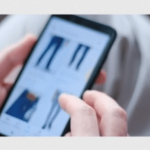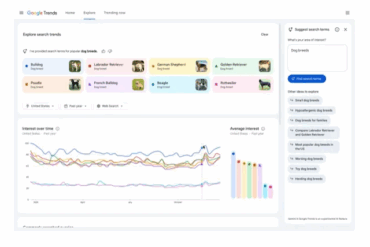By Jeff Steen,
Insights from Myers-Briggs indicate that self-described introverts actually want some in-office time. But the bigger lesson is one of inclusivity.
As masks come down and Covid restrictions ease, offices are opening their doors to employees again — for some as an option, others as a requirement. There’s been a lot of ink spent on the pros and cons of these hybrid work policies, much of which touches on three key considerations: safety, productivity, and employee preference.
That last one is a sticky wicket. The convenience of remote work has been a boon for many employees, happy to ditch long commutes and spend more time with kids and family at home. But there’s another piece of the puzzle: The natural inclinations of introverted employees versus extroverts.
At first blush, you’d expect the extroverts to be clamouring for in-office, in-person work. That’s not what Myers-Briggs discovered in a recent study detailed in The Wall Street Journal. In fact, they found something quite different: 82 percent of extroverted workers would prefer a hybrid work model, with 15 percent actually preferring full-time remote work. Self-described introverts, on the other hand — a whopping 74 percent of them — said they wanted to be in the office at least part-time.
CEOs and people leaders who are navigating our new normal should see a lesson here, namely that employee preferences aren’t as black and white as management would like.
As one introverted employee, quoted in the article, noted: “At the end of the day, I want to be home by myself, but it doesn’t mean you can’t crave other people’s company.” Indeed, as Myers-Briggs’s head of thought leadership, John Hackston, noted, the takeaway here is that new work models shouldn’t be all or none — or even as highly regulated as some managers would want. The control should land with employees.
The study is instructive on another level. Beyond the formal in-office/at-home work policies now being drafted and implemented, companies creating culture from the ground up should understand that inclusivity includes those of varying introverted and extroverted tendencies — and that each employee’s comfort level for engagement can be mapped on a scale, not bucketed into either/or categories.
At the end of the work day, culture — in many ways being reborn as companies reconfigure in our ongoing digital transformation — must be organic, not forced. Much as a CEO or leader may want meaningful relationship-building on an ongoing basis (both internally and with outside communities and partners), the way there cannot be forced. The better tack is to model healthy relationship-building at the top, to live the values that champion team members and community, and to share personal vision for growth and engagement.
Forcing introverts to engage in a specific way or extroverts to back off is a no-go. Leave room for those on the social engagement scale to find their own cultural fit as you model inclusivity in whatever working model best fits with your business needs.
Feature Image Credit: Getty Images
By Jeff Steen,
Content marketer and author@in_the_write





